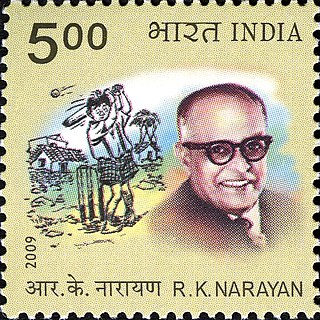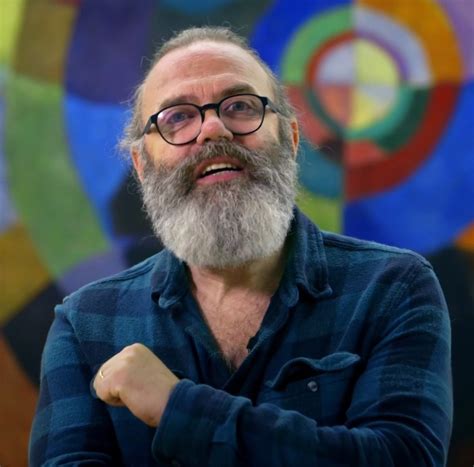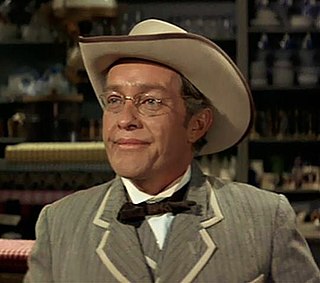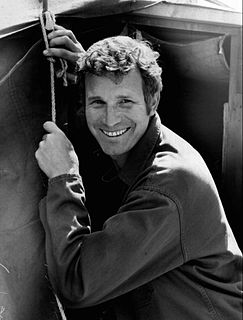A Quote by R.K. Narayan
This education has reduced us to a nation of morons; we were strangers to our own culture and camp followers of another culture, feeding on leavings and garbage . . . What about our own roots? . . . I am up against the system, the whole method and approach of a system of education which makes us morons, cultural morons, but efficient clerks for all your business and administration offices.
Related Quotes
One of the challenges over the last decade is America has done experiments in nation building in places like Iraq and Afghanistan and we've neglected, for example, developing our own economy, our own energy sectors, our own education system. And it's very hard for us to project leadership around the world when we're not doing what we need to do.
Its [the anthropological method] power to make us understand the roots from which our civilization has sprung, that it impresses us with the relative value of all forms of culture, and thus serves as a check to an exaggerated valuation of the standpoint of our own period, which we are only too liable to consider the ultimate goal of human evolution, thus depriving ourselves of the benefits to be gained from the teachings of other cultures and hindering an objective criticism of our own work.
The education of our people should be a lifelong process by which we continue to feed new vigor into the lifestream of the Nation through intelligent, reasoned decisions. Let us not think of education only in terms of its costs, but rather in terms of the infinite potential of the human mind that can be realized through education. Let us think of education as the means of developing our greatest abilities, because in each of us there is a private hope and dream which, fulfilled, can be translated into benefit for everyone and greater strength for our Nation.
If educators were really understanding of that, they'd say, "You know what? Forget about bilingual, we're going to do multilingual education." So children are ready for the new millennium. We're way behind compared to countries in Europe. If we were multilingual, imagine how much you would learn about your own culture, about the sensibilities of what's important in your own culture.
The chief deficiency I see in the skeptical movement is its polarization: Us vs. Them - the sense that we have a monopoly on the truth; that those other people who believe in all these stupid doctrines are morons; that if you're sensible, you'll listen to us; and if not, to hell with you. This is nonconstructive. It does not get our message across. It condemns us to permanent minority status.
Some things are up to us [eph' hêmin] and some things are not up to us. Our opinions are up to us, and our impulses, desires, aversions–in short, whatever is our own doing. Our bodies are not up to us, nor are our possessions, our reputations, or our public offices, or, that is, whatever is not our own doing.




































